Japan is known for many things. Often, it is called the land of the rising sun due to where it’s located in the world. However, there is so much more to Japan, including what’s in the name “Japan.”
It might surprise you to know that Japan isn’t always called Japan inside of the nation. There’s much to know about where the name Japan came from, as well as what else the country is called by its people and the meaning behind the other titles.
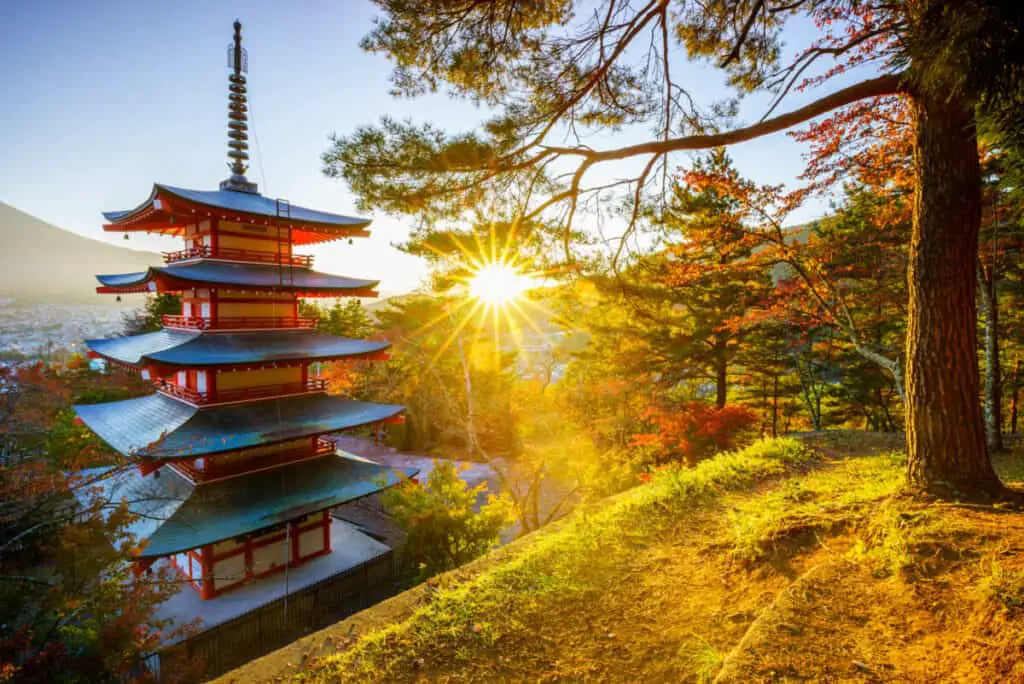
Why Is Japan Called Nippon?
Nippon or Nihon is how you will most likely hear Japan being said in Japanese. The name Japan is said similarly everywhere else.
To understand why the country is called Nippon or Nihon, it takes some understanding of the Japanese language and how the Japanese language is written.
There are a few types of letters that make up Japanese writing, including hiragana, katakana, and kanji, which are also Chinese letters.
One of the beautiful things about Chinese letters, or kanji, is that their letters depict certain meanings as opposed to just being letters.
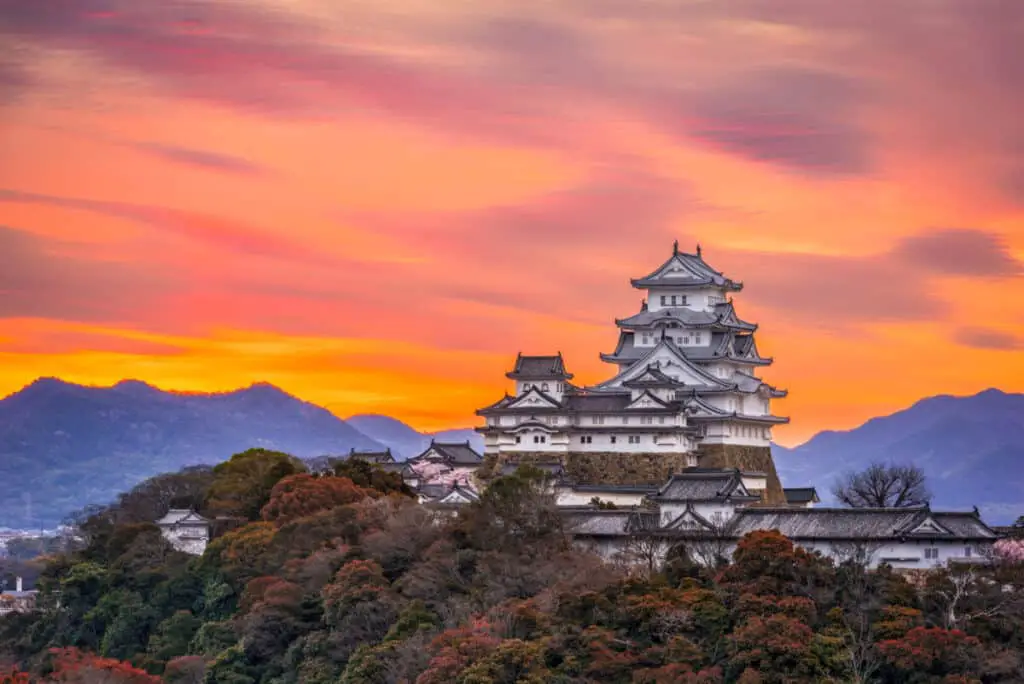
This is where the names Nippon, or Nihon, which means the same thing, come into play. Nihon is the more modern pronunciation of Nippon.
The Chinese letters used to spell Nippon translates into “sun” and “origin.” As Japan is known as the country where the sun rises, or “originates,” the translation is fitting due to Japan’s geographic location.
Is Nihon Different?
Nihon means the same thing as Nippon. Since dialects and sounds change in language as time passes, Nihon seems to be a more current pronunciation of the name Nippon.
Thus, in different areas of Japan, you might hear either Nihon or Nippon being said when a Japanese person is referring to Japan.
As the years have passed, Nihon has become a more popular way to say the country’s name, especially among the younger generation.
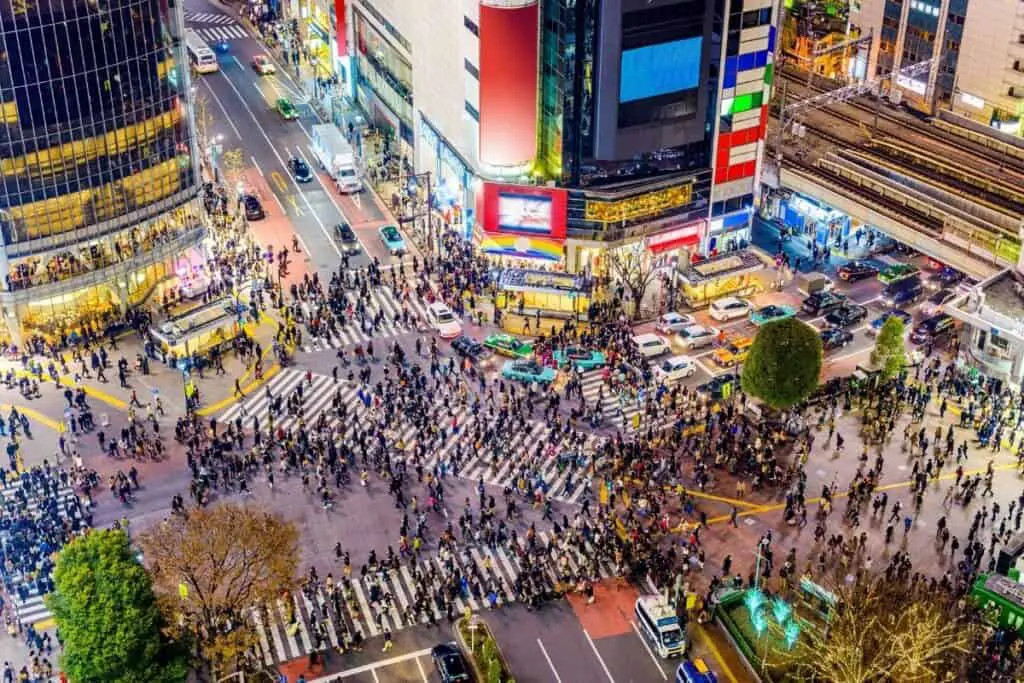
Where Did The Name Japan Come From?
If you were to look at the kanji lettering for Nippon, the symbols are pronounced as ji-pang or zu-pang.
This is similar to what Marco Polo, who had discovered Japan and told the Western world about the country, called Japan. He called it Zipangu.
He heard about Japan originally from the Chinese, who would call it ji-pang as it was the country to the East, where the sun rose in the morning. It’s unclear how the name got narrowed down to just Japan, but this is where the name originated from.
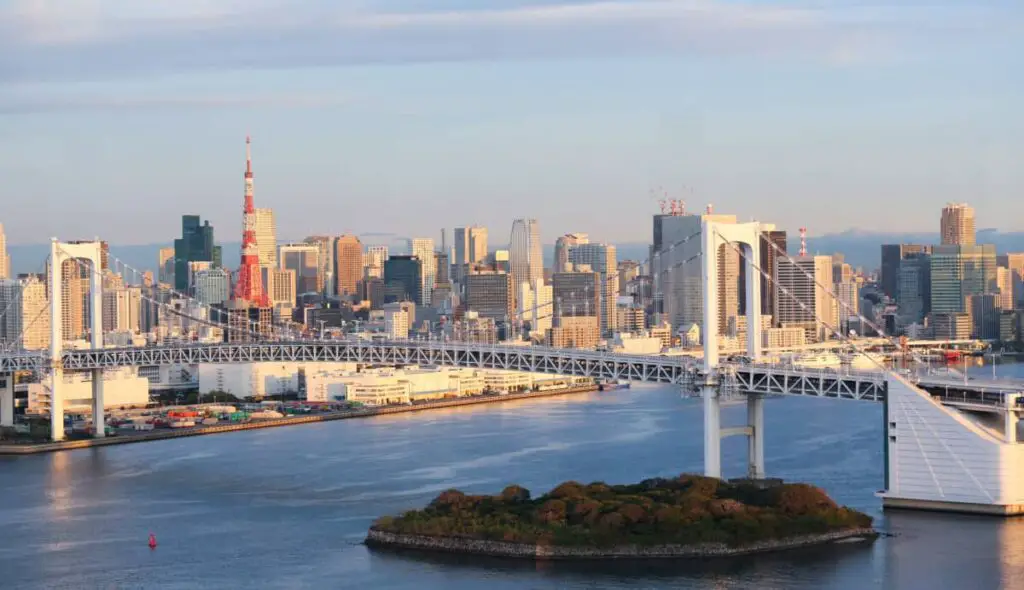
How Long Has Japan Been Known As Nippon?
Interestingly enough, before Japan was called Nippon, it had a different name. It used to be called Wakoku. However, the Japanese were not fond of this name, as Wa translated to mean dwarf or small.
They felt like this name was insulting so towards the end of the 7th century, it was changed to Nippon.
That being said, wa is no longer considered rude or negative in the Japanese language and is actually a very commonly seen part of the Japanese language. It’s often seen as a way to describe something as being Japanese.
For example, the word wagashi means Japanese sweets.
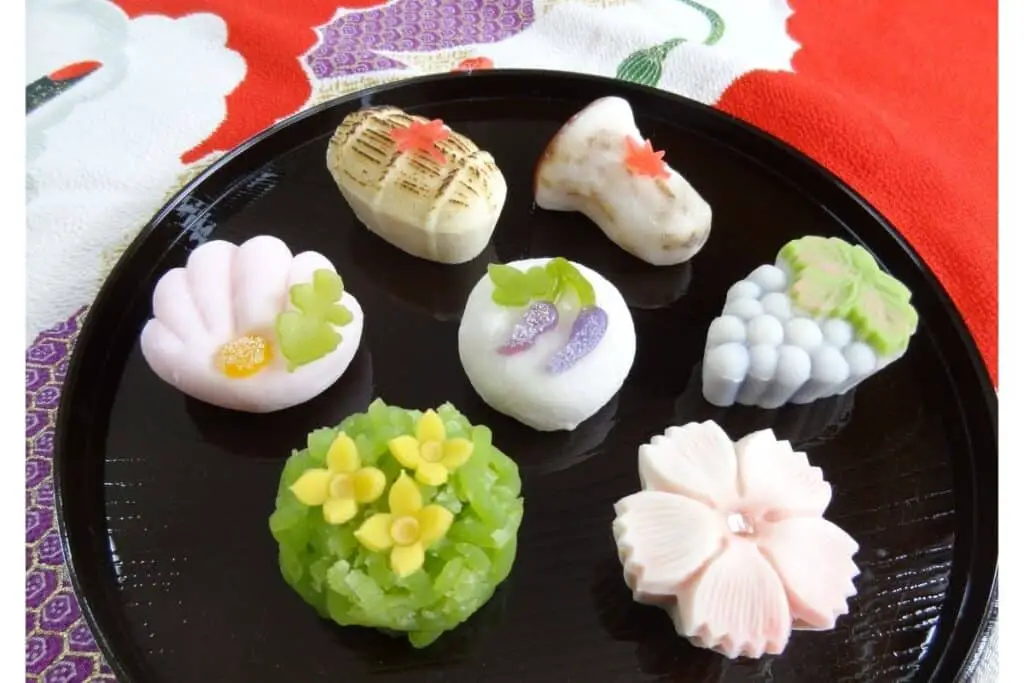
The name is much more significant and important to Japan, not just for the way it makes sense literally, but because of the importance of the sun in Japanese culture.
Amaterasu, the sun goddess, is held in high esteem in the Shinto faith, one of the most prominent faiths in Japan. Followers of the Shinto faith believe that Japan’s emperors’ lineage directly comes from Amaterasu.
Before the name was shortened to Nippon, however, Japan had a longer name. During the Meiji Restoration of Japan up until World War II, Japan went by Dai Nippon Teikoku, which translates to Empire of Greater Japan. Then, it was shortened to Nippon.
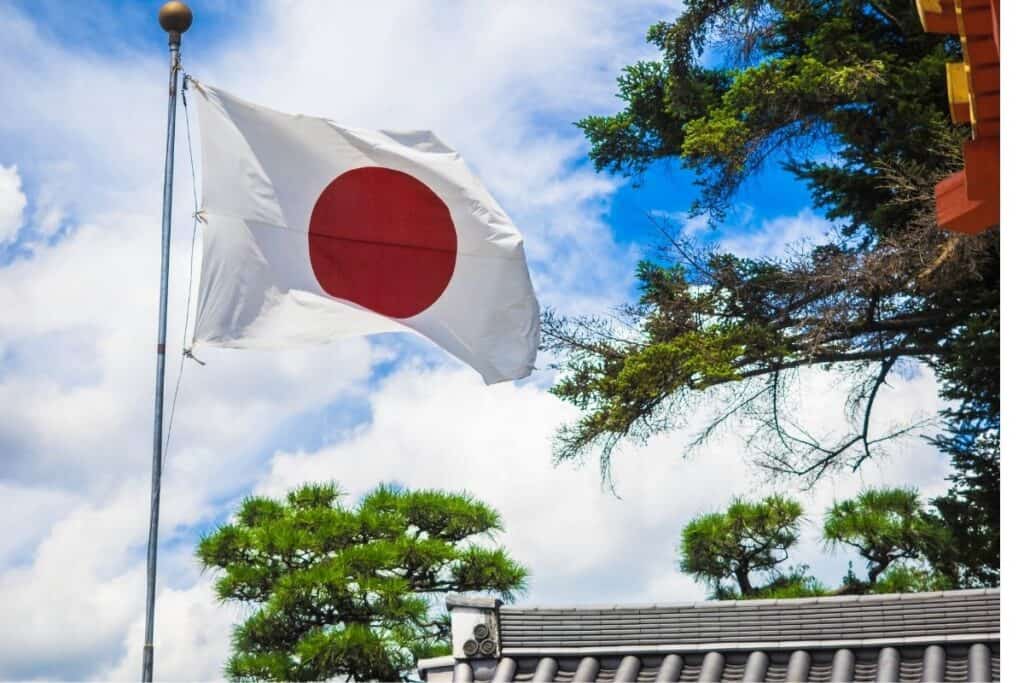
In professional settings, Nippon is preferred. Japan is also sometimes referred to as Nippon-koku, which means the State of Japan, in Japanese.
Why Doesn’t The Rest Of The World Call Japan Nippon?
With Japan’s English name being spread far and wide by Marco Polo, much of the world adopted the name Japan. It is unclear why the name was never changed to the native Japanese name.
However, despite many in Japan calling the country Nippon or some variation thereof, such as Nihon, they will refer to their country as Japan to the rest of the world to stay consistent with the common pronunciation.
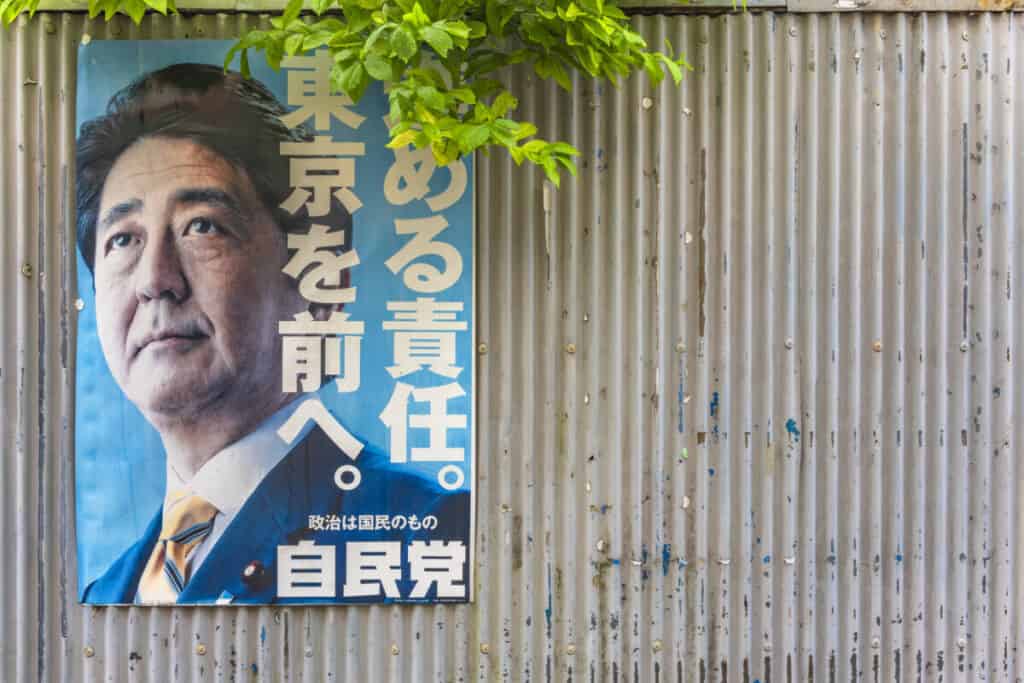
Why Hasn’t Japan Decided On An Official Pronunciation?
There have been efforts over the years to decide on a specific way to pronounce Japan’s name in Japanese, as well as have the country’s name changed officially to Nippon. However, the government hasn’t really seemed to care about making this change.
For example, in the 1930s, Japan’s Ministry of Education asked the government to make Nippon the official pronunciation of Japan. The government did not respond to this request.
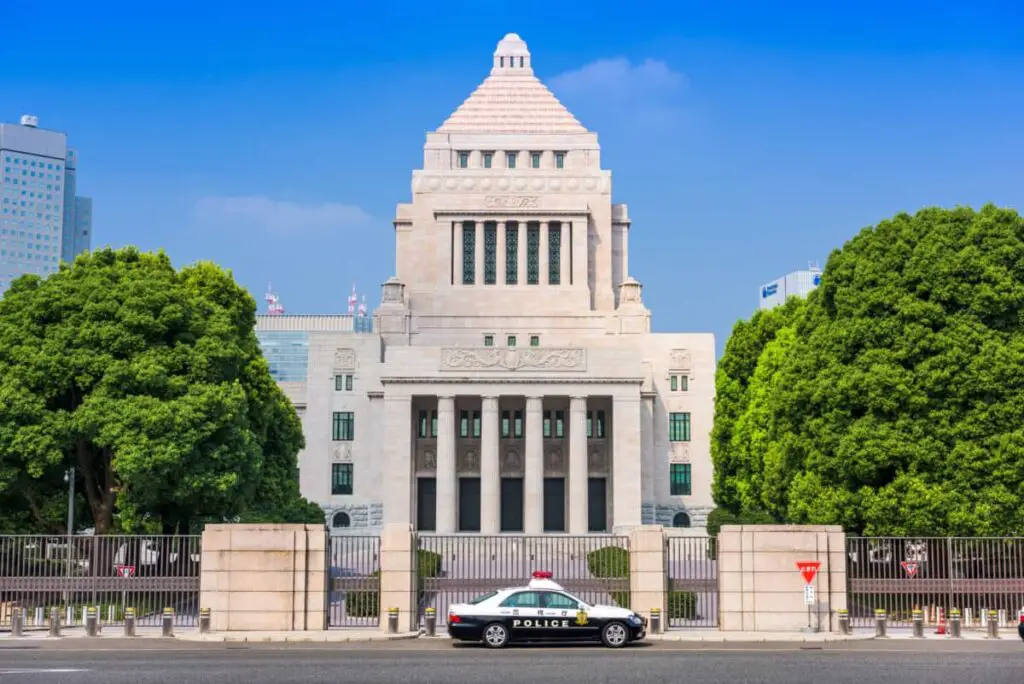
In 2009, the government was once again asked to pick between Nippon and Nihon by a Member of the Lower House.
This time, the government did respond, but they ruled that both pronunciations are fine and there doesn’t need to be any governmental input into the matter.
Are There Instances When Nippon Is Preferred?
Some instances when Nippon will be used as opposed to Nihon are:
- In chants during sports games
- When referring to more sports-related happenings in Japan
- When referring to the national bank; Nippon Ginko
- Nippon Ginko is also written on Japanese currency
- Nippon is used more often in the Osaka region
- Nippon tends to be considered more professional or “official”
Are There Instances When Nihon Is Preferred?
Nihon tends to be used in certain instances, such as:
- When referring to the Japanese language (Nihongo)
- Nihon Ginko is what Japan’s most famous broadcaster is known as
- Nihon is more commonly used in the Kanto region, or in and around Tokyo
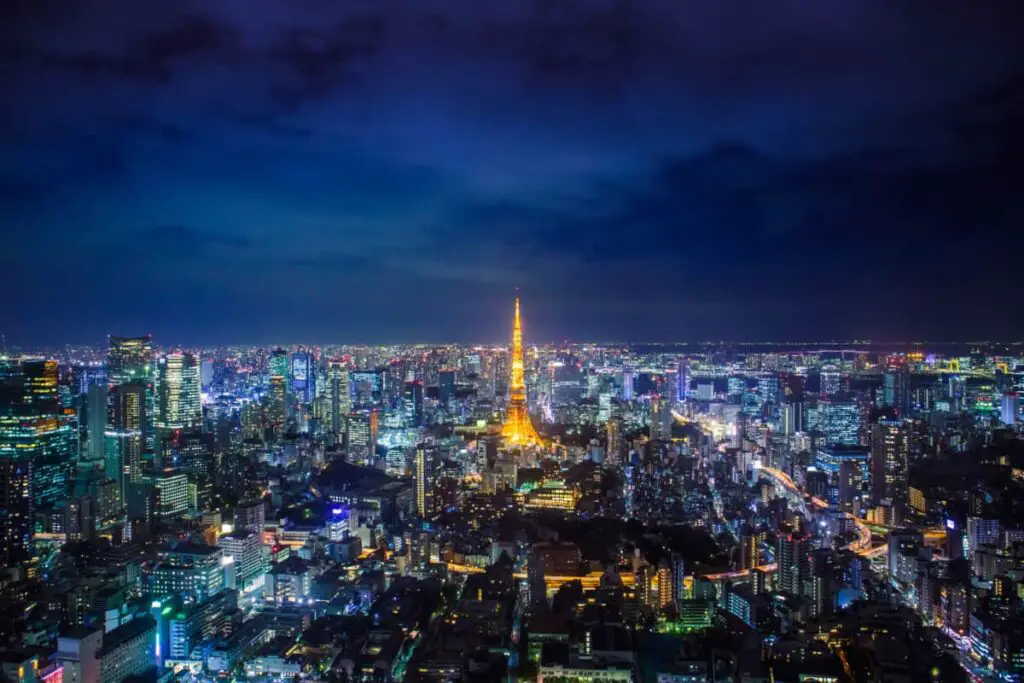
How Do You Write Nippon In Japanese?
The kanji letters in Japanese for the name Nippon or Nihon are 日本. When you break these letters down, the 日 means sun, and the 本 means origin.
Using the katakana lettering in Japanese, the name Japan is spelled as ジャパン.










